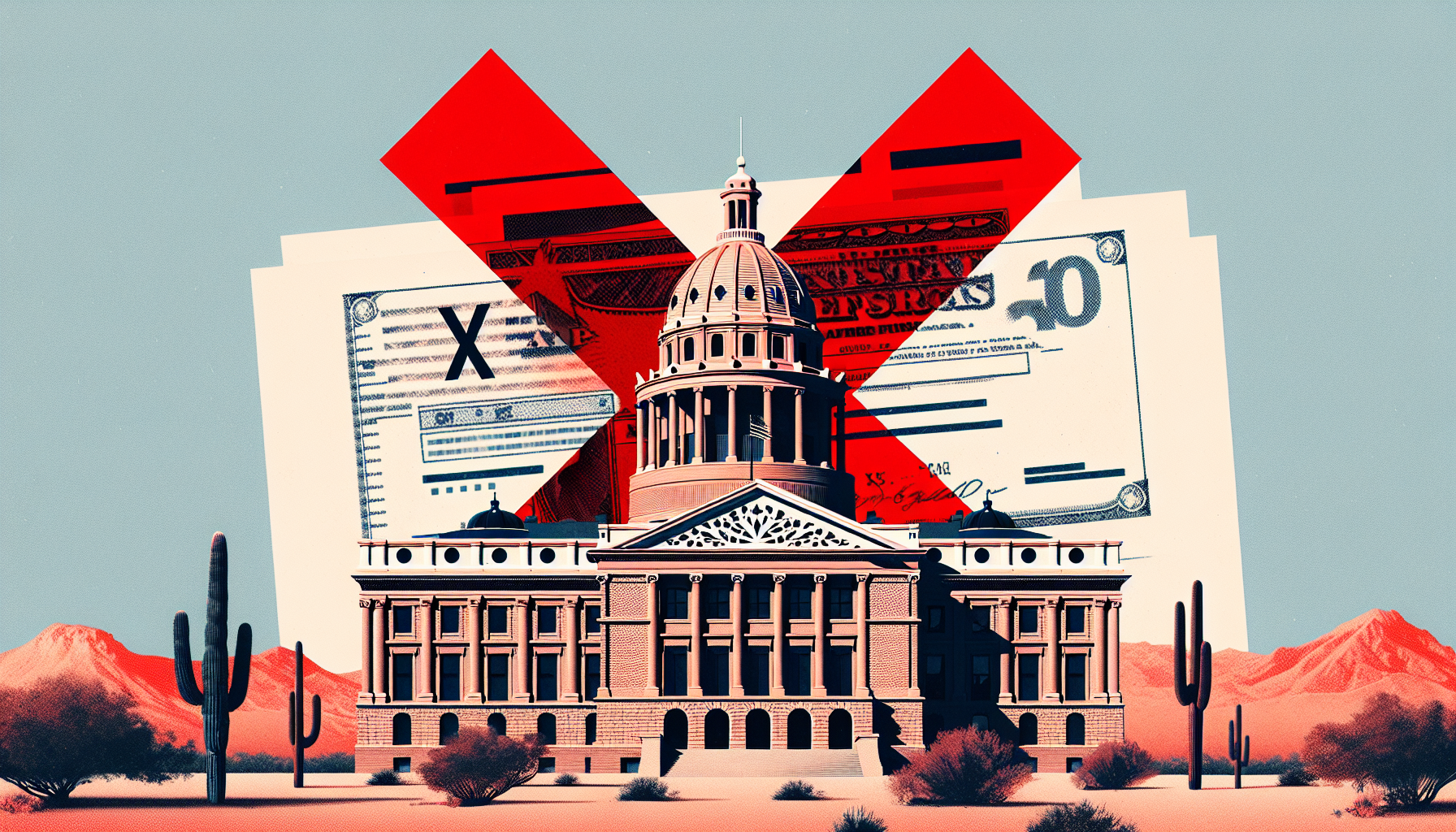The push for state-level digital asset reserves is hitting resistance nationally, despite early-year optimism among Bitcoin advocates. At least seven states have rejected Bitcoin reserve bills in 2025. Legislative support for these bills is thinning, with most proposals stalling before a floor vote.
Texas and New Hampshire remain the top contenders still pushing forward. An attempt to back state treasuries with Bitcoin has fizzled in several states. Two bills that sought to allocate up to 10% of select public funds to Bitcoin were officially pulled as legislative sessions closed.
Both were “indefinitely postponed and withdrawn from consideration,” ending the crypto reserve efforts without a vote on either floor. The failure places several states, including Arizona, Oklahoma, South Dakota, Montana, North Dakota, Pennsylvania, and Wyoming, in the group that have recently rejected or abandoned efforts to establish strategic Bitcoin reserves, despite heightened national attention on the policy. In some cases, like Arizona, legislation cleared both chambers before being vetoed by the state’s governor.
Governor Katie Hobbs blocked Arizona’s SB 1025 last week, calling it an inappropriate risk for pension systems. “Retirement funds are not the place to experiment with untested assets,” she wrote at the time. The bill’s co-sponsor, Senator Wendy Rogers, quickly condemned the decision and vowed to bring the bill back next session, stating, “Arizona needs Bitcoin.”
Arizona still has a separate bill on Governor Hobbs’ desk that focuses on custody rather than investment and may yet be signed into law.
In Oklahoma, a strategic reserve bill passed one committee by a wide margin but was struck down in a 6–5 vote by the Senate Revenue and Taxation Committee on April 29.
Governors block bitcoin reserve measures
Senator Christi Gillespie flipped to a “yes” vote after hearing from constituents, but the bill failed anyway.
South Dakota’s HB 1202 was rejected in February in a 9–3 vote, with lawmakers expressing concerns about Bitcoin’s volatility. Montana’s House Bill 429 was defeated days earlier in a 59–41 floor vote despite being framed as a diversification strategy. North Dakota’s HB 1184 met a similar fate, falling short in February by 57–32.
The legislative setback in Pennsylvania came without drama; the crypto investment bill introduced in late 2024 never advanced. Wyoming’s effort was also voted down in committee, with just one lawmaker supporting it. Even Utah, considered an early frontrunner, amended its own blockchain bill to strip out a key provision that would have allowed the state treasurer to invest in digital assets.
The final version passed without it. That’s a sharp turn from just weeks ago, when more than 45 Bitcoin reserve bills had been introduced in over two dozen states. As of early May, only 36 remain active in 19 states.
Texas and New Hampshire remain the most viable contenders, with both states’ legislatures advancing their Bitcoin reserve proposals. With legislative calendars closing, many of the remaining proposals are now racing against the clock. Others, like Rogers’, are preparing for round two.

